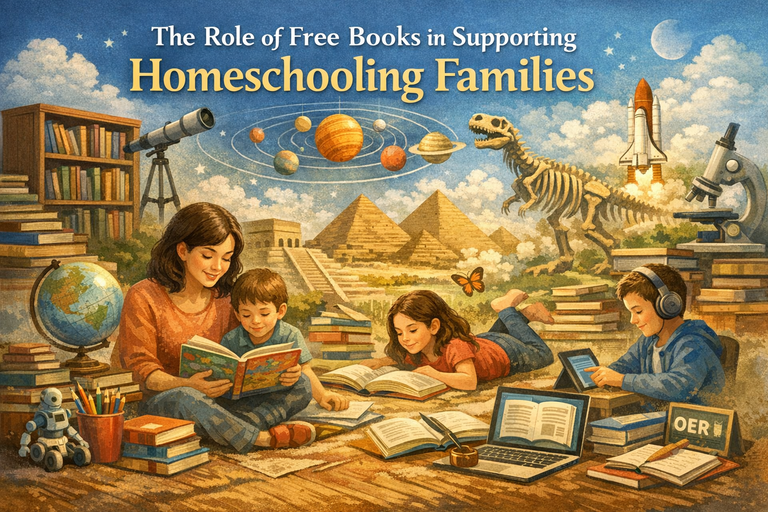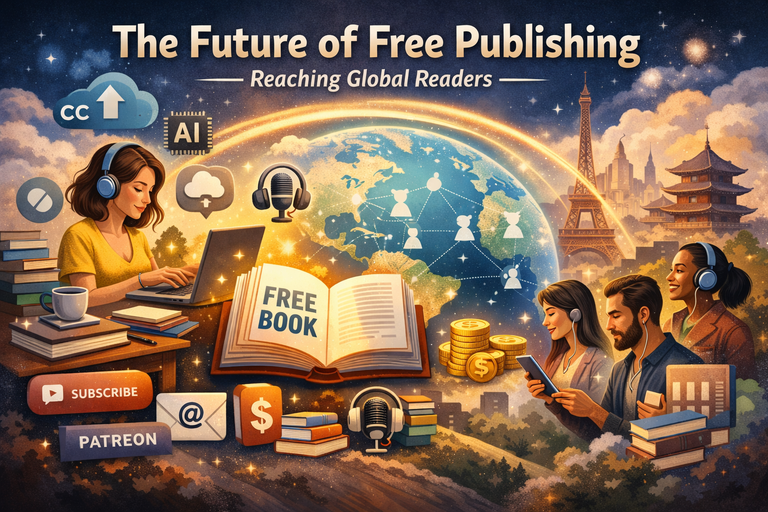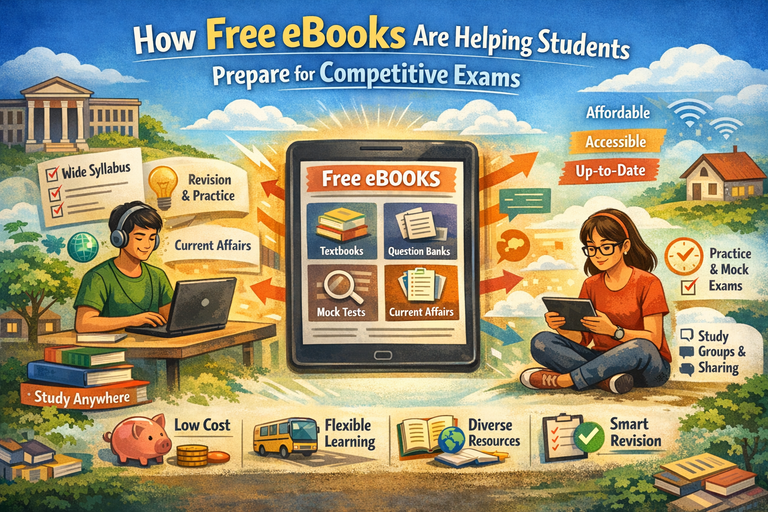Dystopian Futures: Technology’s Dark Side in Fiction
Technology has often been celebrated for its ability to improve lives, connect people, and fuel innovation. But literature has never shied away from asking deeper, harder questions. What happens when technology becomes too powerful? When innovation outpaces ethics? When control replaces freedom?
At Junkybooks, we love exploring how novels tackle these themes. In this post, we’ll dive into how dystopian fiction imagines the dark side of technology, and why these stories are more relevant today than ever before.
The Origins of Tech Dystopias
The idea that technology could lead to dystopia isn’t new. Early science fiction writers were already warning about unchecked innovation long before smartphones, AI, and social media.
Books like George Orwell’s "1984" and Aldous Huxley’s "Brave New World" painted grim pictures of futures where technology helped create oppressive regimes. Surveillance, manipulation, and loss of individuality were key themes — powered by tools that, in theory, were designed to improve society.
Orwell envisioned a world where telescreens monitored every citizen, while Huxley imagined a population pacified by entertainment, consumerism, and drugs. Both novels serve as stark reminders that technology can be used for control as easily as for liberation.
How Modern Novels Portray Technology’s Dark Side
Contemporary dystopian novels have built on this tradition, updating the fears to match today’s rapid technological changes. Several major themes emerge across these works:
1. Surveillance and Loss of Privacy
In today's world, where data is constantly collected and analyzed, novels about surveillance feel more chillingly real. Dave Eggers’ "The Circle" explores a tech company whose quest for "transparency" leads to a culture where privacy is considered selfish. In this world, cameras are everywhere, and opting out of constant digital sharing is seen as suspicious.
2. Social Media and Mind Control
The idea that technology could manipulate public opinion and even individual thoughts has become a popular dystopian theme. Lauren Oliver’s "Replica" and M.T. Anderson’s "Feed" explore futures where corporations and governments use social media and implants to shape desires, thoughts, and behaviors.
3. Automation and Human Redundancy
As AI and robots become more capable, dystopian fiction asks: what happens to humanity when machines take over not just jobs, but decision-making itself? Ian McEwan’s "Machines Like Me" explores a world where human relationships are challenged by emotionally intelligent robots.
4. Climate Collapse and Tech Solutions Gone Wrong
In some dystopias, technology is both the cause and the false solution to environmental catastrophe. Novels like Paolo Bacigalupi’s "The Windup Girl" show a future ravaged by genetic engineering and corporate monopolies over basic resources like food.
Popular Dystopian Tech Novels You Should Know
If you’re looking to dive deeper into the dark future of technology, here are a few standout novels:
-
"1984" by George Orwell — A masterclass in depicting surveillance, censorship, and authoritarian control.
-
"Brave New World" by Aldous Huxley — A chilling vision of a society where happiness is manufactured and individuality is erased.
-
"The Circle" by Dave Eggers — A cautionary tale about tech companies becoming omnipotent forces in society.
-
"Ready Player One" by Ernest Cline — While more adventurous, it still warns about a future where reality is so bleak that people escape into a virtual world.
-
"Autonomous" by Annalee Newitz — A sharp look at patent laws, human rights, and AI consciousness in a dystopian setting.
-
"Feed" by M.T. Anderson — Explores a future where people have the internet wired directly into their brains from birth.
Each of these novels reveals a different facet of our technological anxieties — from losing control over our identities to living under constant surveillance.
Recurring Themes in Dystopian Tech Fiction
Across all these stories, certain powerful themes keep appearing:
1. Freedom vs. Security
Characters often struggle between safety provided by technology and the freedom they lose as a result. Should we sacrifice privacy for protection? Should we allow machines to make choices for us?
2. The Dehumanization of Society
Many dystopian futures depict societies where human connections, empathy, and authenticity are diminished by technology’s cold efficiency. Relationships become shallow, entertainment replaces meaning, and critical thinking fades away.
3. Corporate Power and Technological Monopoly
Several novels warn that tech companies could become more powerful than governments. The idea that a handful of corporations might control information, food, healthcare, and even thoughts is a recurring fear.
4. Resistance and Rebellion
Despite the grim settings, most dystopian novels include characters who fight back. They remind us that hope, resilience, and critical thought are powerful antidotes to technological oppression.
Real-World Parallels to Dystopian Fiction
Many of the fears depicted in dystopian tech novels are no longer confined to fiction. In fact, real-world headlines often feel ripped straight from the pages of these books:
-
Mass surveillance: Governments use sophisticated tools to monitor citizens.
-
Social media manipulation: False information spreads rapidly, influencing elections and public opinion.
-
AI job displacement: Automation threatens millions of jobs worldwide.
-
Climate change and tech "fixes": Geoengineering and biotechnology offer both hope and new dangers.
Fiction serves as a mirror, warning us about the potential consequences of unchecked technological advancement.
Why We Need Dystopian Tech Fiction
You might wonder — if these novels are so bleak, why do we read them? Why do they matter?
1. They Warn Us
Dystopian fiction acts as an early warning system. By exaggerating current trends, authors highlight issues before they spiral out of control.
2. They Encourage Critical Thinking
Rather than accepting every new technological innovation as "good," dystopian novels encourage readers to question who benefits, who is harmed, and what the long-term consequences might be.
3. They Inspire Change
Stories about rebellion and resistance show that individuals and communities can fight back against oppressive systems. They remind us that even in the darkest futures, hope endures.
4. They Deepen Empathy
By putting readers in the shoes of characters facing injustice, surveillance, and oppression, dystopian novels foster empathy — a powerful force for societal change.
At Junkybooks, we believe that dystopian fiction doesn't just paint dark futures — it equips us with the imagination and courage to build better ones.
Conclusion: Facing the Future with Open Eyes
Technology will undoubtedly continue to evolve, transforming every aspect of human life. But as dystopian novels remind us, innovation without ethics can lead to dehumanization, control, and catastrophe.
By reading and reflecting on these powerful stories, we stay alert to the dangers hidden behind shiny new gadgets and groundbreaking inventions. We learn to ask harder questions, demand better answers, and envision futures where technology serves humanity — not the other way around.
At Junkybooks, we see dystopian tech fiction as a vital compass — helping us navigate the thrilling, terrifying, and infinitely complex world of tomorrow. Whether you’re a fan of Orwell’s brutal clarity, Huxley’s haunting warnings, or today’s sharp new voices, these novels are must-reads for anyone who cares about the future.







